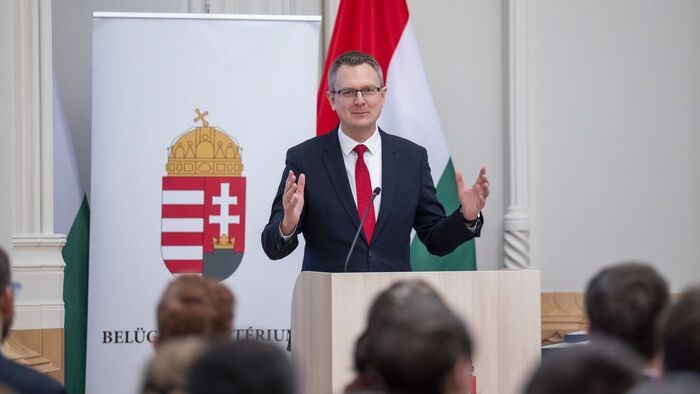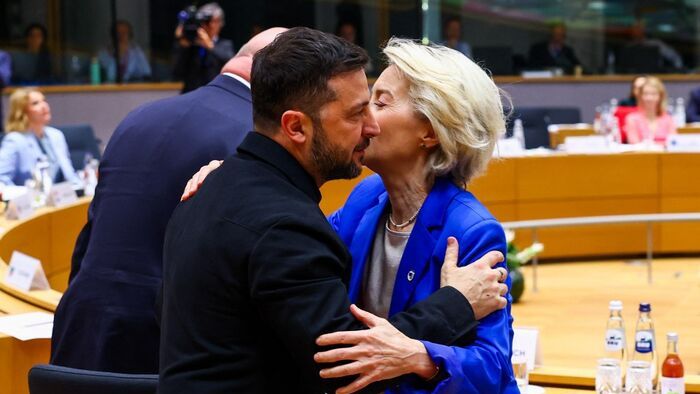Based on the European Union’s recent decision, Hungarian universities maintained by foundations have been excluded from several EU-funded programs, including the Erasmus+ program which funds the studies of Hungarian university students at other universities throughout the EU. The best understanding of these events within the context of the ongoing press-war is that most likely, the Hungarian delegation and EU committee on the rule of law procedure came to an agreement, made a draft decision and presented it to the council.
However, the Commission added a certain point to the draft which had not previously been mentioned and which, accordingly, was not part of the agreement. And since according to the regulation of the procedure – which naturally was also drafted by the Commission – the Commission’s proposal can only be modified by the council with a qualified majority; in such a case there is therefore practically no chance for the Commission’s proposal to be modified by the council. In other words, what the Commission wants is what's going to happen.
And the Commission wants Hungary’s foundation-maintained universities to be excluded from EU support. This means that if everything remains as it is, Hungary has two options: either it can completely reform its system of publicly funded foundations maintaining universities, or it can lose out on major EU funding. This raises several issues.
The first problem is that of the double standard. Universities maintained by foundations aren’t a Hungarian invention; this model is utilized by many leading universities throughout the world – including in other EU countries which the Commission seems to have no problem with.
The second problem is one of trust. In the past year, it appeared that a successful, reliable process was coming to a close with Tibor Navracsics leading the Hungarian side. It seemed that we had just created a modus vivendi when the Commission swept that nascent modus vivendi right off the table. This raised serious doubts over whether it is truly possible for the EU and Hungary to maintain a fair relationship based on compliance with our agreements. After all, the Commission on one hand signaled with this that they can break agreements whenever, and on the other, that instead of coexistence and recognition of each other's different perspectives and values, the only thing they are open to is a state of complete submission. As a result, our trust in the EU, which wasn’t very strong to begin with, was severely shaken.























Szóljon hozzá!
Jelenleg csak a hozzászólások egy kis részét látja. Hozzászóláshoz és a további kommentek megtekintéséhez lépjen be, vagy regisztráljon!